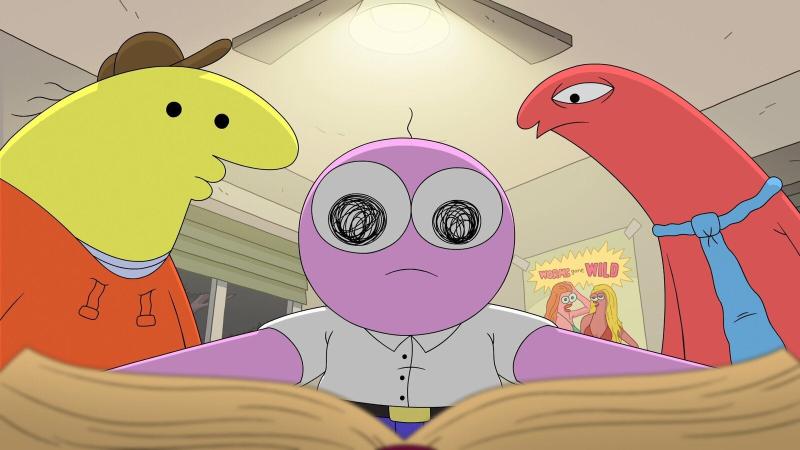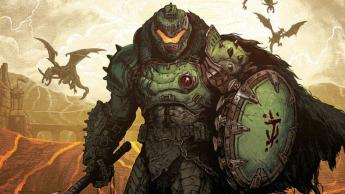Brannon Braga, a key figure from the classic Star Trek era, expressed concerns over the modern trend of shorter TV seasons, comparing them to "Tinder relationships." Speaking at the STLV: Trek to Vegas convention, he advocated for returning to longer, more substantial seasons like the 22-episode format of older series such as Star Trek: Voyager. He noted that contemporary shows, including Star Trek: Discovery and Star Trek: Strange New Worlds, typically feature significantly shorter seasons, which, in his opinion, fail to cultivate the same long-term connection with audiences as earlier formats did. While he hopes for a return to this model, the future of Star Trek's season lengths remains uncertain.
Why are modern TV seasons shorter than before?Modern TV seasons are shorter primarily due to increased production costs and the industry's focus on high-quality content. This shift demands higher budgets, making longer seasons less feasible while networks cater to evolving audience expectations for more polished storytelling.
The Star Trek franchise has undergone several transformations since its inception, reflecting changes in television production and viewer habits. Originally airing long seasons that allowed for extensive character development and storytelling, the franchise now presents shorter seasons as seen with the current iterations on streaming platforms. Star Trek: Discovery and Star Trek: Strange New Worlds earned mixed reviews, yet they signify a new era for the series, where quality often supersedes quantity in episode count.










Comments
No comments yet. Be the first to comment!